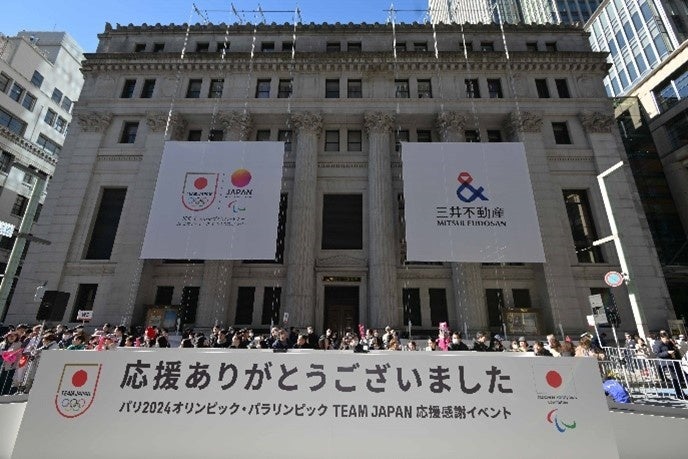City Revitalization Through the Power of Sports: A Winning Strategy
The roar of the crowd, the thrill of victory, the unifying power of sport – these aren't just elements of a great game; they're increasingly becoming key ingredients in successful city revitalization projects. Across the globe, cities are leveraging the economic and social impact of sports to transform neglected areas, boost local economies, and foster a stronger sense of community. This isn't just about building stadiums; it's about building better cities.
The Economic Engine of Sports-Driven Revitalization
The economic benefits are undeniable. New sports venues often act as catalysts for broader development.
Increased Tax Revenue and Job Creation:
- Construction boom: Building stadiums and associated infrastructure (hotels, restaurants, transportation links) creates thousands of jobs, injecting capital into the local economy.
- Increased tourism: Major sporting events attract visitors from near and far, boosting hotel occupancy, restaurant revenue, and retail sales. This influx of spending generates significant tax revenue for the city.
- Long-term investment: The development surrounding a stadium often extends beyond the immediate area, attracting further investment and creating a ripple effect of economic growth.
Attracting Businesses and Investment:
- Improved infrastructure: Investments in transportation, utilities, and public spaces made to support a sports venue often benefit the wider community.
- Enhanced image: A successful sports team and modern facilities can significantly improve a city's image, attracting businesses and investors looking for vibrant, dynamic locations.
- Increased property values: Properties located near stadiums and revitalized areas often see a significant increase in value, benefiting homeowners and investors alike.
Beyond the Bottom Line: The Social Impact of Sports
The social impact of sports-driven revitalization is equally significant. Sports can:
Foster Community Pride and Unity:
- Shared identity: A successful local team provides a powerful sense of shared identity and community pride, uniting residents from diverse backgrounds.
- Increased social interaction: Sporting events and related activities create opportunities for social interaction and community building.
- Improved social cohesion: By providing a common focus and shared experience, sports can contribute to greater social cohesion and reduce social isolation.
Promote Healthy Lifestyles and Wellbeing:
- Increased physical activity: New sports facilities often provide opportunities for residents to engage in physical activity, promoting health and wellbeing.
- Improved public spaces: Revitalization projects often include improvements to public spaces such as parks and green areas, encouraging outdoor activity and social interaction.
- Youth engagement: Sports programs can provide positive role models and opportunities for young people, reducing crime rates and fostering positive development.
Case Studies: Cities Leading the Way
Many cities have demonstrated the effectiveness of sports-driven revitalization. For example, the redevelopment of areas surrounding the Olympic stadiums in London and Barcelona serves as compelling examples of how careful planning can transform urban landscapes and boost local economies. Similarly, the impact of professional sports teams in cities like Seattle and Denver highlight the positive economic and social effects on surrounding communities.
The Future of Sports-Driven Revitalization
As cities continue to grapple with urban challenges, the role of sports in revitalization efforts will only grow. Successful strategies will require careful planning, collaboration between stakeholders, and a commitment to creating sustainable, long-term benefits for the entire community. By embracing the power of sports, cities can build not just better stadiums, but better futures for their residents.
Call to Action: Are you interested in learning more about how sports can contribute to urban development in your community? Research local initiatives and consider how you can participate in building a stronger, more vibrant city.
